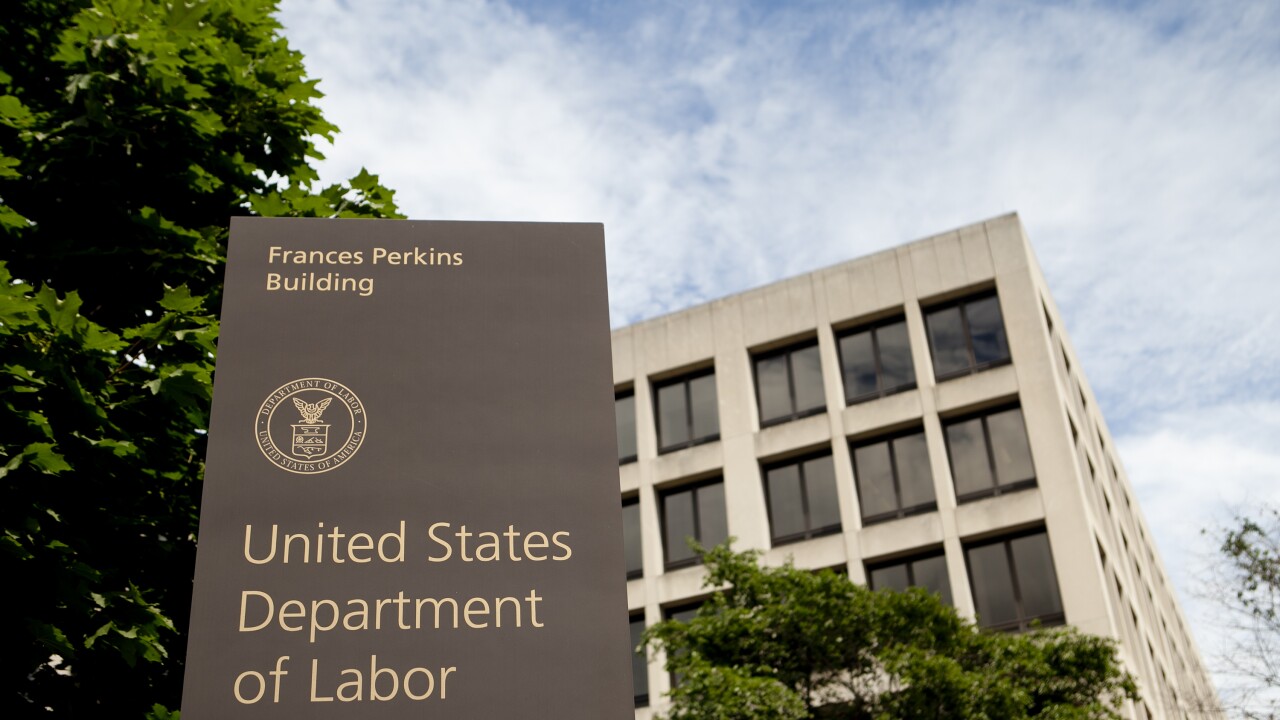The Internal Revenue Service issued a warning Friday to taxpayers who haven’t yet filed their 2018 tax returns that they will face higher tax penalties if they owe taxes and haven’t filed by June 14.

The IRS lowered the threshold for imposing underwithholding and underpayment penalties earlier this year during tax season because of the complications in the 2017 tax law and the various changes it made in the withholding rules, but that still doesn’t change the failure-to-file penalty. The IRS noted that the failure-to-file penalty is assessed if there is unpaid tax and the taxpayer fails to file a tax return or request an extension by the April due date. That penalty is generally 5 percent of the amount of tax for the year that’s not paid by the original return due date. The IRS charges the penalty for each month or part of a month that a tax return is late. If the return is over 60 days late, there’s a minimum penalty, either $210 or 100 percent of the unpaid tax -- whichever is less.
The IRS acknowledged, however, that special deadlines can affect the penalty and interest calculations for those who qualify, such as
Taxpayers who live in a combat zone, such as members of the military, can extend the filing deadline. They can find details in
Taxpayers who have been affected by a presidentially declared disaster who receive a late filing or late payment penalty notice in the mail from the IRS, and who have filed or paid by the deadline stated in the IRS news release of postponement of the deadlines for filing and/or paying, should call the number on the notice to find out if IRS can abate the tax penalty in the wake of the disaster.
Taxpayers who have filed their taxes and paid on time and haven’t been assessed any penalties for the past three years can often qualify to have the penalty abated. See the
Earlier this year, the IRS expanded the





